All About Bristle Worms
Updated on 05/26/24
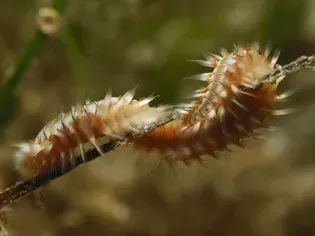
Unveiling the Enigmatic Bristle Worms: A Comprehensive Exploration
In the vast tapestry of marine life, bristle worms stand as fascinating and enigmatic creatures. These segmented worms, belonging to the class Polychaeta, are a ubiquitous presence in our oceans, inhabiting a wide range of habitats from shallow waters to the depths of the sea. With over 10,000 identified species, bristle worms exhibit an astonishing diversity in form, behavior, and ecological importance.
Dive into this captivating blog as we embark on an in-depth journey into the world of bristle worms. We'll explore their unique anatomy, fascinating lifestyles, and the vital roles they play in marine ecosystems. Along the way, we'll unravel the mysteries surrounding these often-overlooked but profoundly influential creatures.
Chapter 1: Unveiling the Anatomy of Bristle Worms
Bristle worms, true to their name, are characterized by numerous bristles or setae that adorn their bodies. These bristles, made of chitin, serve a multitude of purposes. Some species use them for locomotion, clinging to surfaces and wriggling through sediment. Others employ them for defense, deterring predators with their sharp, pointed tips.
Beneath their armor of bristles, bristle worms possess a segmented body with a well-defined head and tail. Their heads are equipped with an array of sensory organs, including eyes, antennae, and palps, which aid in navigation, feeding, and detecting potential mates.
Chapter 2: Exploring the Diverse Lifestyles of Bristle Worms
The world of bristle worms is a testament to the boundless diversity of life on Earth. These worms exhibit a wide range of lifestyles, from sedentary tube-dwellers to active predators.
Some bristle worms, like the sedentary tube worms, construct intricate homes from a variety of materials, including sand, shell fragments, and mucus. They extend their feathery gills from their tubes, filtering food particles and oxygen from the surrounding water.
Other bristle worms, such as the predatory polychaetes, lead a more active existence. They possess powerful jaws and sharp teeth, which they use to capture and consume a variety of prey, including small fish, crustaceans, and even other bristle worms.
Chapter 3: Unraveling the Ecological Importance of Bristle Worms
Bristle worms are not mere bystanders in marine ecosystems; they play vital roles in maintaining the health and balance of their environments.
As filter feeders, bristle worms help purify water by removing suspended particles and microorganisms. In doing so, they contribute to the clarity of the water, allowing sunlight to penetrate and support the growth of photosynthetic organisms.
Bristle worms also serve as a crucial food source for a wide range of marine predators, including fish, birds, and sea turtles. Their high reproductive rates ensure a steady supply of food for these higher trophic levels.
Chapter 4: Addressing Common Misconceptions about Bristle Worms
Despite their remarkable diversity and ecological importance, bristle worms often face misconceptions and negative perceptions. One common misconception is that they are all venomous. While some species possess venomous bristles, the vast majority do not pose a threat to humans.
Another misconception is that bristle worms are parasitic. While a few species may attach themselves to fish or other marine organisms, they do not typically cause harm to their hosts.
Chapter 5: Conservation Concerns and the Future of Bristle Worms
Like many other marine organisms, bristle worms face a range of conservation challenges. Pollution, habitat loss, and climate change pose significant threats to their populations.
Protecting bristle worms and their habitats is essential for the health of marine ecosystems. By promoting sustainable practices, reducing pollution, and safeguarding marine protected areas, we can help ensure the future of these enigmatic and ecologically important creatures.
Conclusion
Bristle worms, with their intricate anatomy, diverse lifestyles, and vital ecological roles, are a testament to the wonders of marine life. By unraveling the mysteries surrounding these fascinating creatures, we gain a deeper appreciation for the complexity and interconnectedness of our planet's oceans.
Whether you are a seasoned marine biologist or simply curious about the hidden wonders of the sea, this in-depth exploration of bristle worms will captivate and inspire you. Embrace the opportunity to learn about these often-overlooked but profoundly influential creatures and join the chorus of voices advocating for their conservation and protection.
Explore More Pets
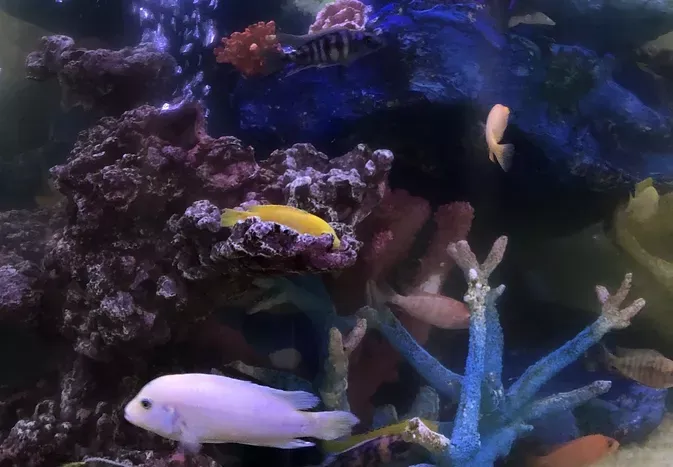
Freshwater Aquarium Filters
How to Deal With Cloudy Aquarium Water
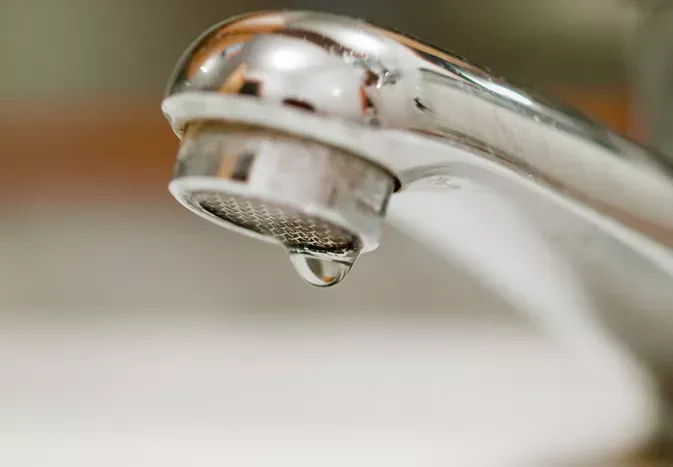
Saltwater Aquarium Filters
How Do You Remove Chloramines From Tap Water?
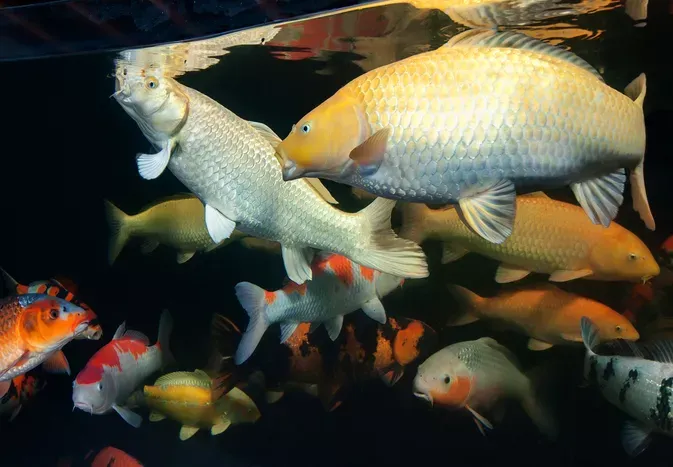
Freshwater Aquariums & Habitat
Can I Keep My Koi Fish Inside?
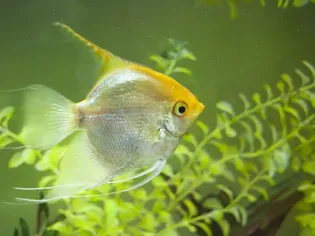
Saltwater Aquariums & Habitat
14 Best Floating Plants for Your Aquarium
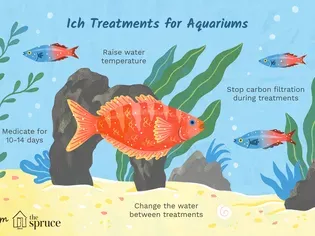
Freshwater Fish Health
How to Treat Ich on Freshwater Fish
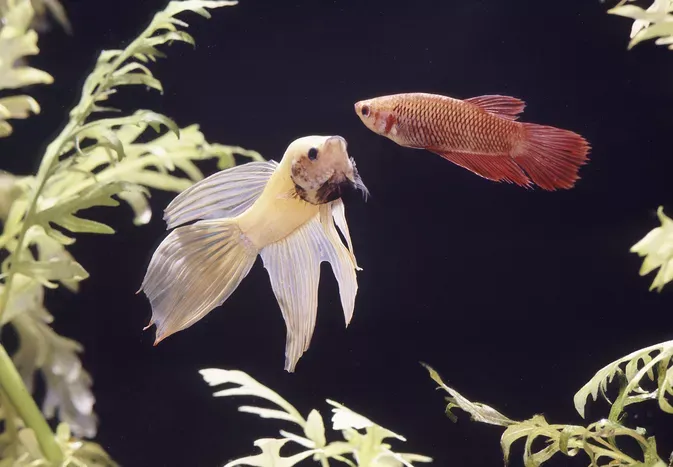
Saltwater Fish Health
Fin Rot in Aquarium Fish
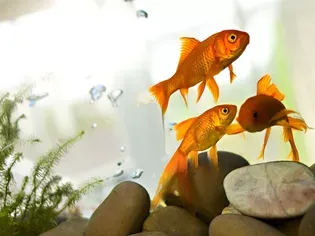
Freshwater Aquarium Filters
How to Do Aquarium Water Changes
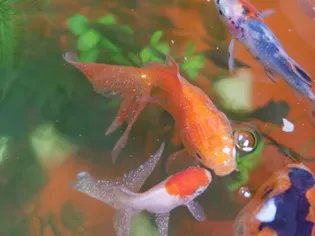
Saltwater Fish Health
How Do Fish Get Parasites?
